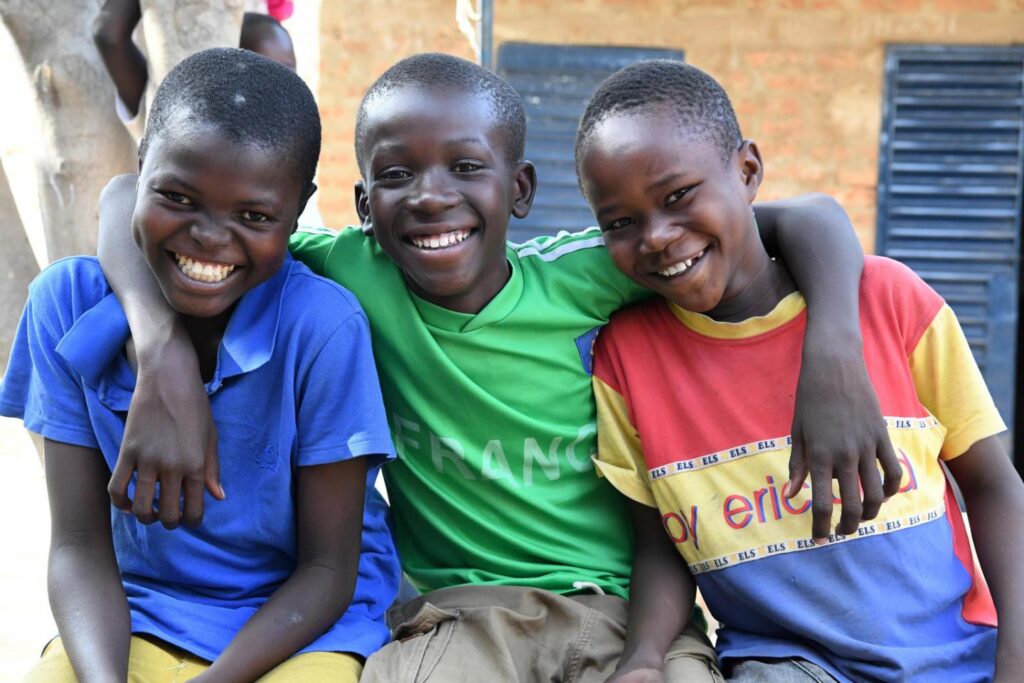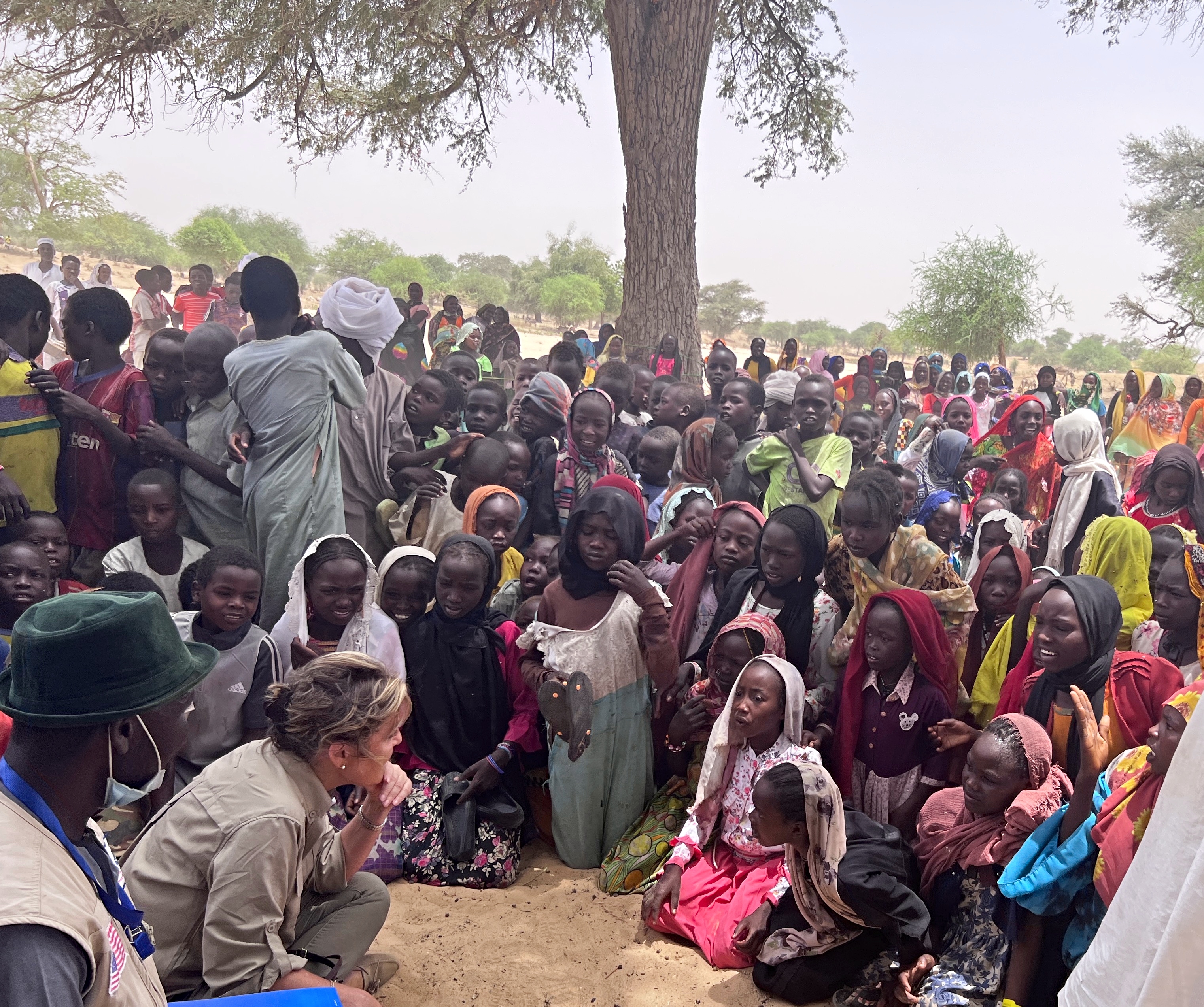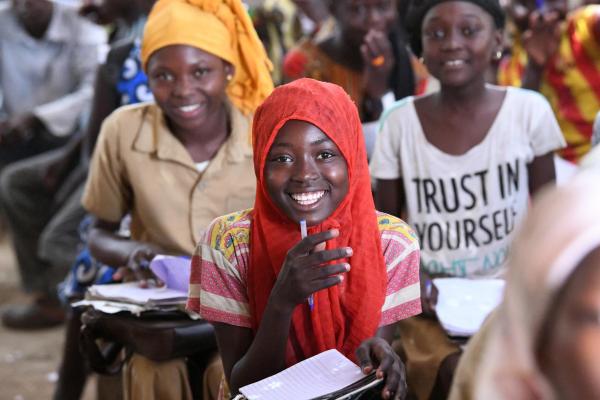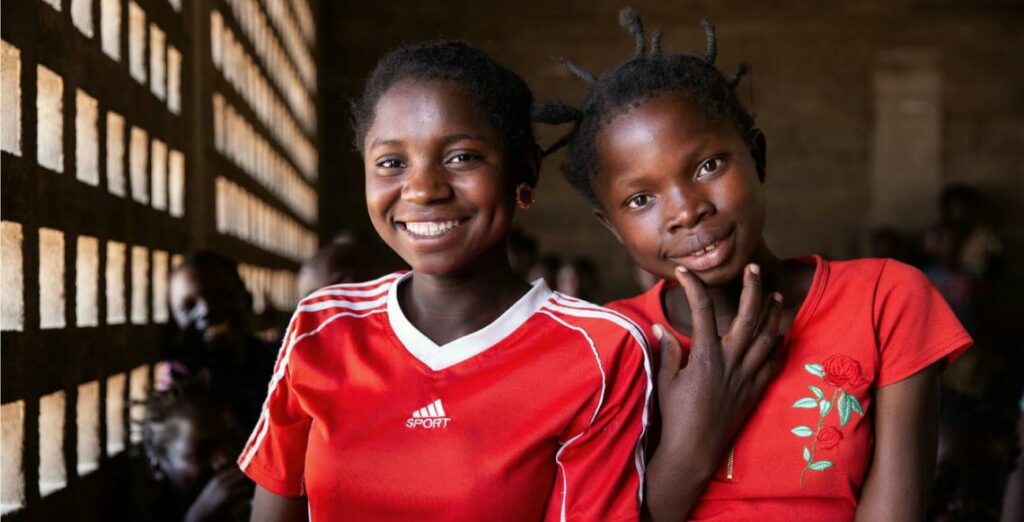Education Cannot Wait Announces US$1 Million Grant in Chad in Response to Influx of Refugees Fleeing Violence in the Central African Republic

Implemented in partnership with the Government of Chad and the UN Refugee Agency (UNHCR), the ECW first emergency response will enhance protection and learning opportunities for 7,800 refugee and host community children and youth
Education Cannot Wait (ECW) announced today a new US$1 million grant that will provide some 7,800 Central African Republic (CAR) refugee children and youth fleeing violence in CAR, and children in host communities welcoming them in Chad, with the safety, protection and opportunities of quality learning environments.
Violence associated with the December 2020 elections in CAR has forcibly displaced over 200,000 people within and outside of the country, including another 2,000 who recently fled into Chad. Out of the 117,000 CAR refugees who fled their country in the wake of the post-electoral violence to neighboring countries, Chad currently hosts close to 11,000. This brings the total number of refugees from the Central African Republic in Chad to close to 105,000 persons.
Among the newly arrived refugees registered by UNHCR in Chad, more than 3,000 school-aged children have been settled in two refugee camps and three host villages. An additional 4,000 refugee children and youth were already living in the refugee camps in the host villages of Beakoro, Don and Bekan, in the South Province of Chad.
“Innocent children and youth are fleeing unspeakable horrors. We hear reports of pillaging, extortion and other violent acts at the hands of rebel groups. Families must flee in the night, wading through rivers with few personal belongings. Their situation poses severe protection issues for girls and boys. Without the safety that quality learning environments provide, girls are at risk of sexual exploitation, early child marriage, child labor; boys are at risk of recruitment by armed groups. Many of these children and adolescents have never even had the chance to attend school. They are the ones left furthest behind,” said Yasmine Sherif, Director of Education Cannot Wait, the United Nations global fund for education in emergencies. “We must act together with urgency: their education cannot wait. I urge world leaders to step up to fund the education in emergency response in CAR, Chad, Democratic Republic of the Congo, Cameroon and other countries impacted by this ongoing crisis.”
Implemented by UNHCR in partnership with the Government of Chad and the NGOs ACRA (Associazione di Cooperazione Rurale in Africa e America Latina) and ADES (L’Agence de Développement Economique et Social). ECW’s 12-month first emergency response $1 million grant focuses on: ensuring access and continuity of education; improving educational infrastructure with the rehabilitation and building of new classrooms; and community mobilization to get vulnerable children back to the protection of safe learning environments. To ensure access to and continuity of education for newly arrived refugees, the strategy specifically aims to support all new refugees with accelerated remedial classes, with targeted interventions for girls and children with disabilities.
“Education is nothing less than a life-saver for crisis-affected boys and girls. The opportunity to continue going to school not only protects children in the present emergency, but also gives them a hope to change their life in the future. Only education can do the magic of transforming lives,” said UNHCR Chad Representative, Papa Kysma Sylla. “These Education Cannot Wait funds will enable UNHCR to support the Chadian Government in providing quality education to the Central African Republic refugees and to the host communities welcoming them in the south of Chad.”
The ECW investment targets a total of 7,790 children including 3,871 girls, refugee and host community children as well as 600 out-of-school girls. The preschool level includes 600 children, the primary level includes 5,212 children, and lower and upper secondary levels include 1,978 children. A total of 2,364 host-community children, including 1,120 girls, will benefit from the ECW-financed activities.
The Government of Chad has committed to offering refugee children the right to access the national education system through its 2030 Refugee Education Strategy for Chad. While refugee camp schools are integrated into the official Chadian educational system, the intervention remains insufficient to respond to the needs of the local host population and the increasing refugee community. The Government of Chad has also endorsed the Safe Schools Declaration in July 2015, which outlines commitments to strengthen the protection of education during armed conflict.
The COVID-19 pandemic further affected access to education in the past year. Schools were closed from March 2020 to October 2020, and less than a quarter of children have returned to schools. The grant builds on existing ECW investments in Chad. In 2020, the Fund announced US$21 million funding in support of Chad’s multi-year resilience programme. An additional US$1 million grant was allocated in April 2020 for COVID-19 education in emergency. A further US$30 million is still required to fully fund the programme, which is designed to reach a total of 230,000 crisis-affected girls and boys.
The new funding is part of ECW’s regional response to the crisis in CAR, which includes newly announced funding for DRC, as well as a multi-year resilience programme in the Central African Republic, which will reach an estimated 900,000 children in the next three years.
For Press Inquiries:
Anouk Desgroseilliers:
adesgroseilliers@un-ecw.org
+1-917-640-6820
Kent Page:
kpage@unicef.org
+1-917-302-1735



